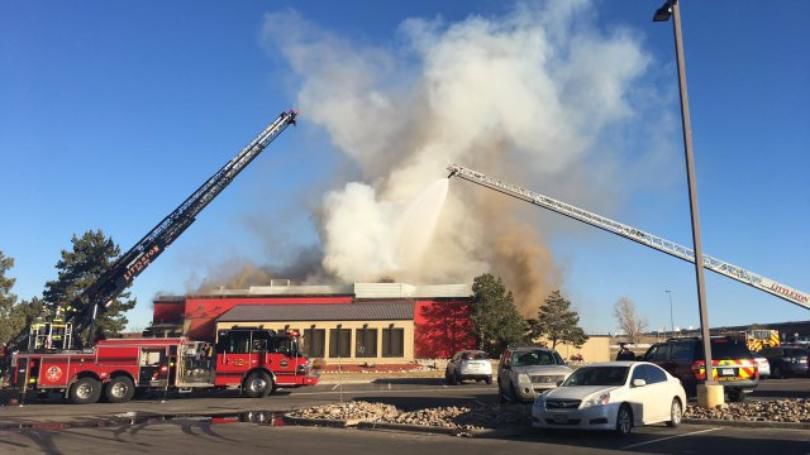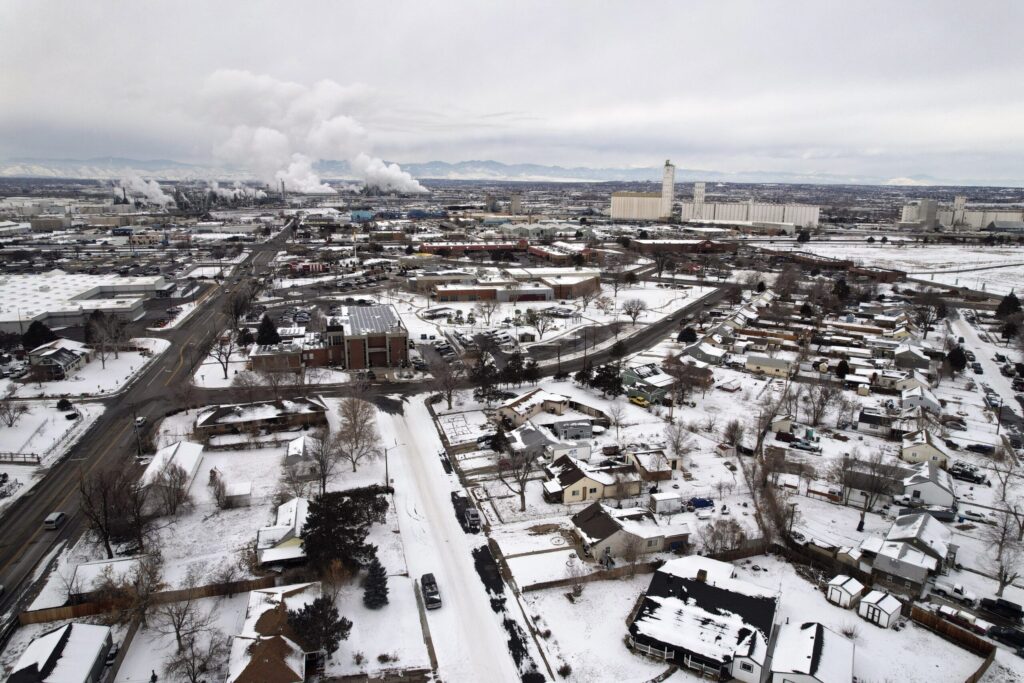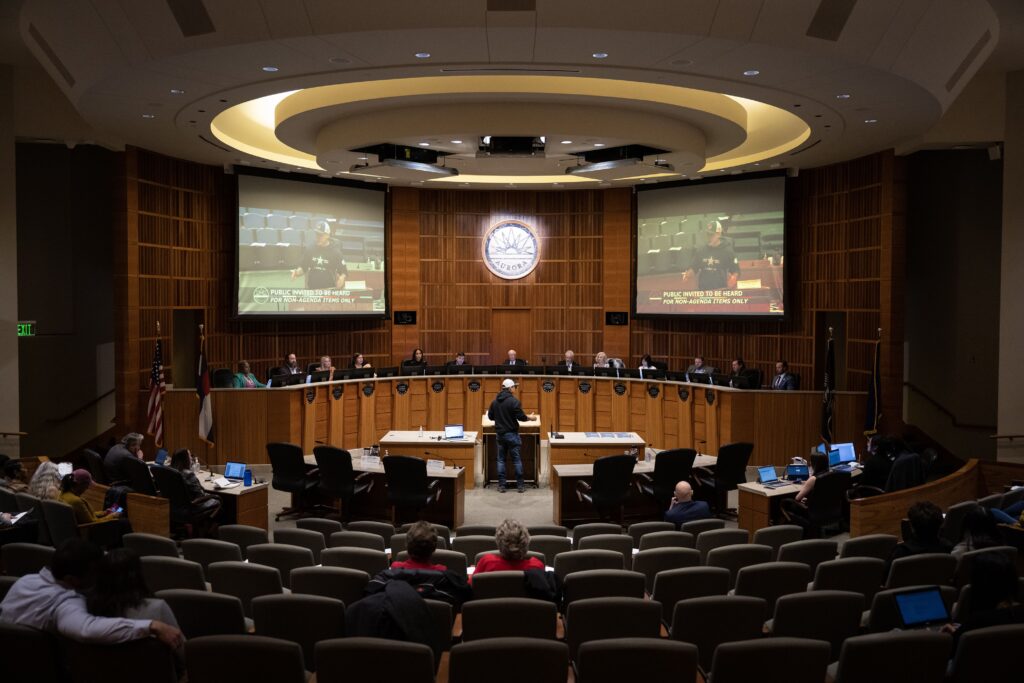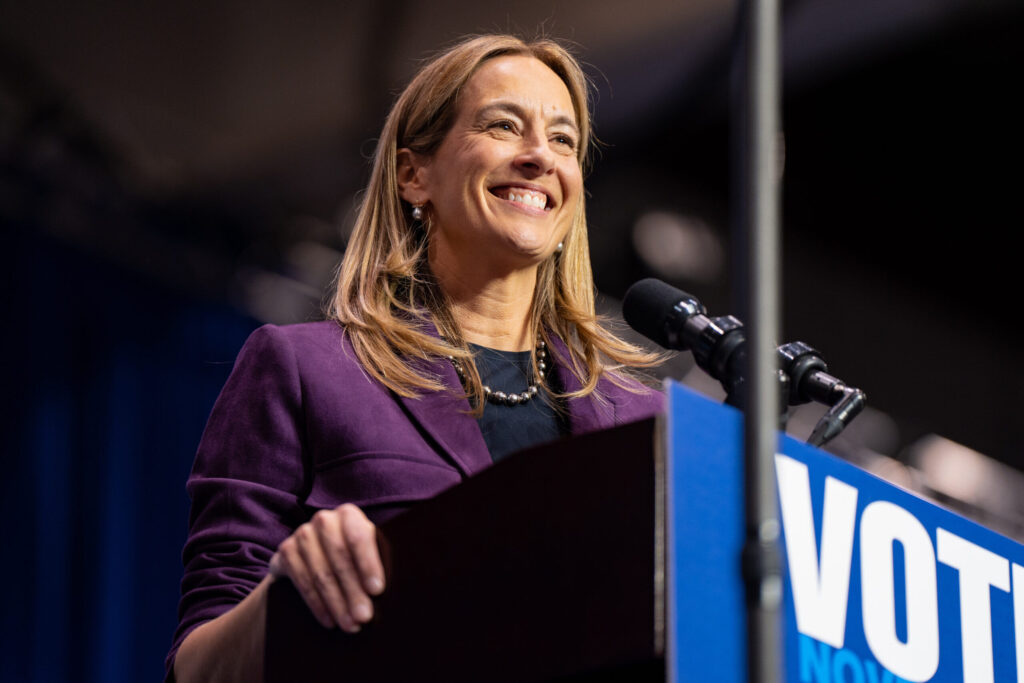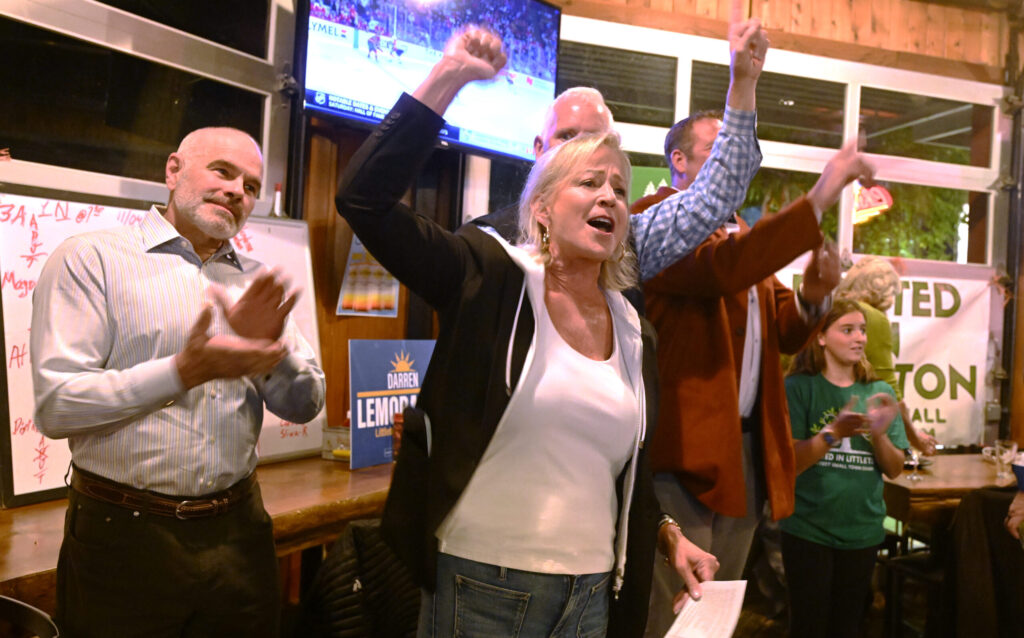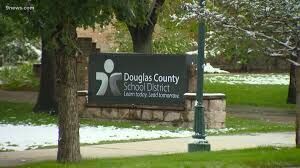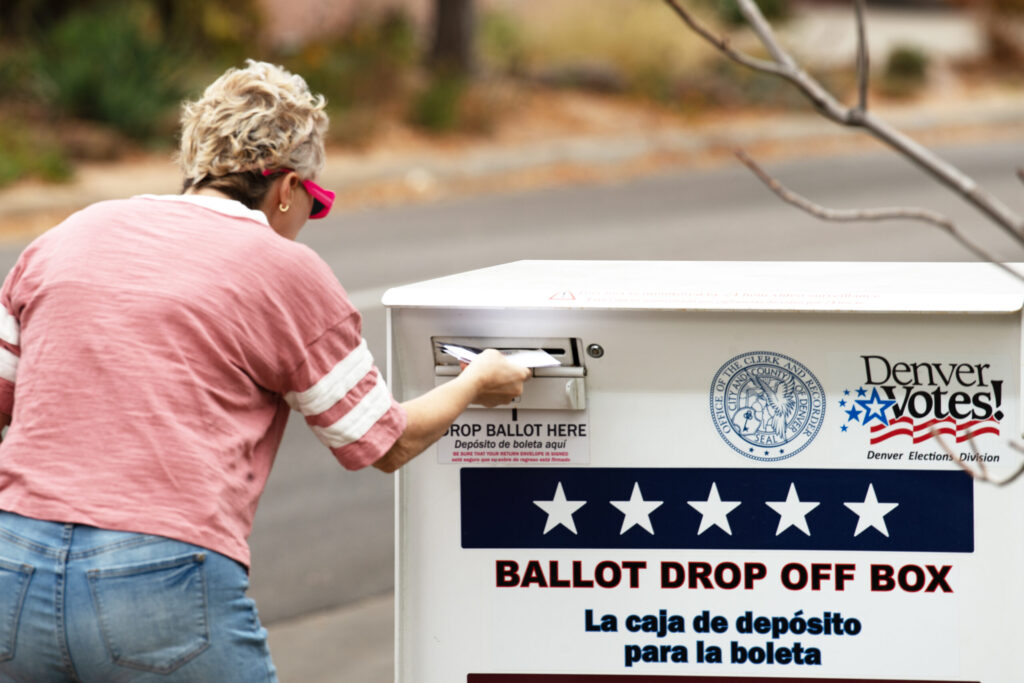Denver retirement plan contributions same, no COLA increase in 2017
The Denver Employees Retirement Plan will keep its current contribution level in 2017, and the same percentage-of-pay contribution rates that began in 2015 will stay in place, the plan’s executive director told a Denver City Council committee Tuesday, Nov. 15.
Steve Hutt outlined a handful of minor changes to the plan – which he said covers some 14,000 current and retired city employees – before the Council’s Finance and Governance Committee, which unanimously approved placing the changes before the full Council for consideration.
Hutt said the contribution rates of 11.5 percent paid by the city and 8 percent by employees will continue next year. The plan’s funded status was 72.2 percent, “Which is good, but it’s not where we were before the (Great Recession),” he added.
He also said the plan will once again not pay any cost of living increases in 2017, which has been the practice since 2002.
“We need to have a very, very healthy level of extra funds to do that and we’re very far away from that level,” Hutt told the committee.
Hutt wrote in his ordinance request to the Council that the proposed changes would enhance provisions relating to pre-retired members’ beneficiaries, including authorizing a contingent beneficiary to be designated by the member; set up an annually variable interest rate of between 1 and 3 percent for refunds of employee contributions to non-vested members; provide for internet posting of upcoming retirement board meeting agendas and several “housekeeping” changes.
Hutt added the changes are proactive measures to ensure that an active or deferred member’s contributions or retirement benefit does not revert to the plan upon the member’s death before retirement. Instead those would be paid, via a monthly retirement benefit or a refund of contributions, to a beneficiary or an estate. They also ensure the interest rate paid on refunded employee contributions to non-vested members is a current market rate and clarifies certain other technical provisions in the plan’s section of the city municipal code, Hutt continued.
Hutt also noted that between Jan. 1, 1979, and Oct. 1, 2003, there were no employee contributions paid to the plan; the city paid all contributions, which, by law, must stay with the plan for the benefit of members or their beneficiaries and cannot be directly paid to members, other than through a monthly retirement benefit.
In 2003, when the city changed the ordinance so employees would begin making contributions, no corresponding language was added allowing the plan to refund the employee contributions to a member’s estate, should the member pass away before applying for and receiving his/her retirement benefits, and without having a valid beneficiary designation on file, Hutt noted.
Without such language in the ordinance, in such a rare situation, any employee contributions would revert to the plan and would not be paid, even to the member’s estate, Hutt said.


